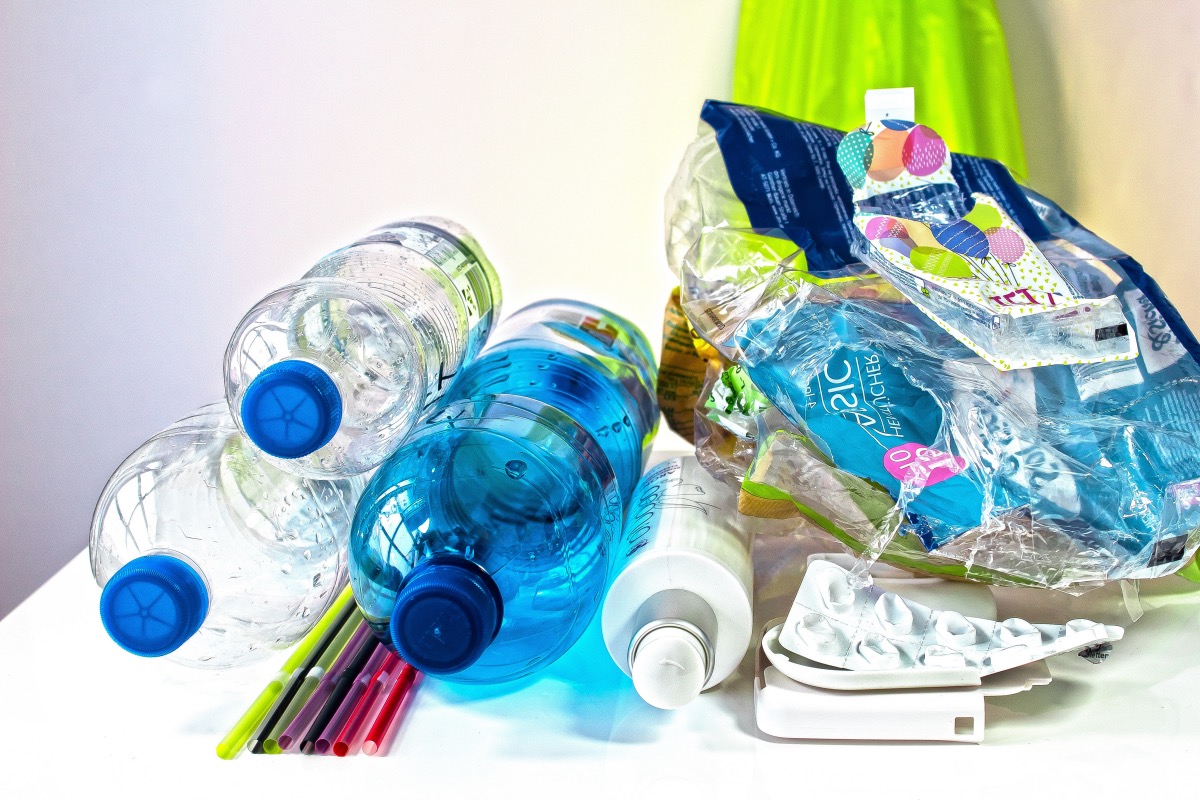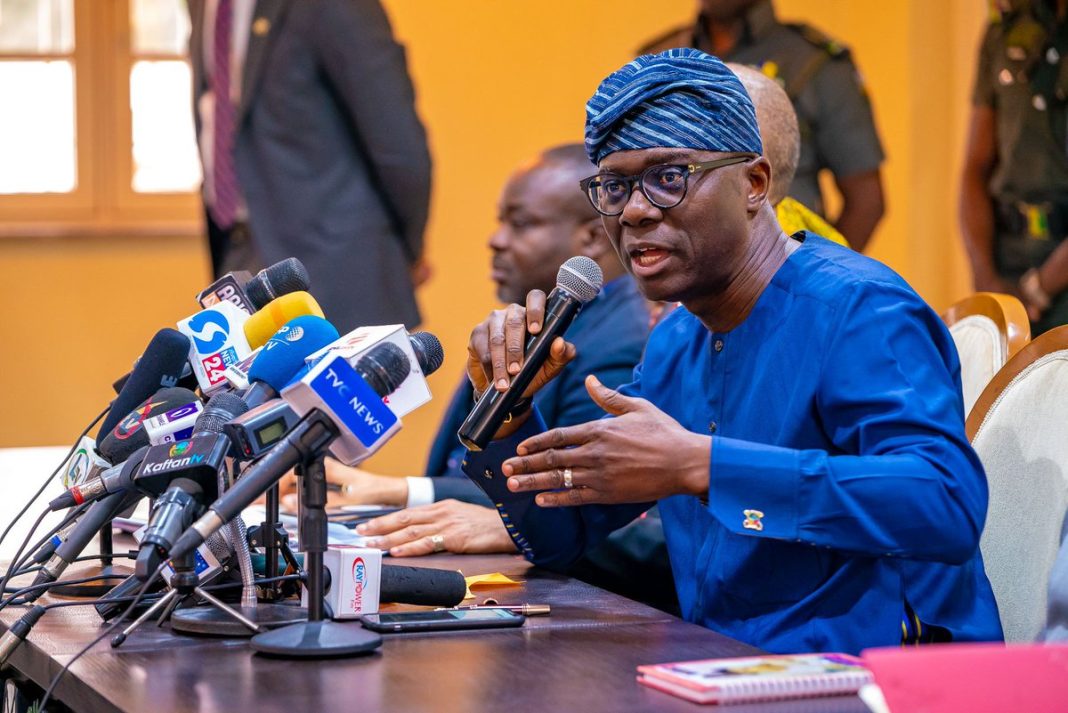LAGOS, Nigeria – The Lagos State government’s recent ban on styrofoam and single-use plastics, aimed at curbing environmental pollution, has been met with a mixture of approval and concern, particularly regarding its implementation and impact on stakeholders in the value chain.
While food vendors and other operators have adjusted their business models to comply with the ban, there is growing unease about the abruptness of the policy and its potential inflationary effects.
The production costs of reusable plastics are expected to rise, further straining businesses already grappling with financial challenges.
Nigeria generates an estimated 2.5 million tonnes of plastic waste annually, with plastics comprising 15% of total waste in Lagos State, often clogging drainages and polluting water bodies.
The ban’s short implementation timeline and lack of preparatory plans have raised concerns about its impact on the food and beverage industry, particularly for operators who have invested in plastic-based packaging for their operations.
In response to these challenges, operators have called for more intensive recycling efforts and greater involvement in decision-making processes.
According to the Organisation for Economic Co-operation and Development, OECD, only 9% of the world’s plastic waste is recycled, highlighting a global issue with plastic management.

The incentive for recycling in Nigeria is low, with only N70 offered per kilogram of scavenged plastic. This has raised questions about the effectiveness of the Lagos State government’s focus on single-use plastics, considering the widespread use of nylon bags and other plastic variants beyond the state’s borders.
Despite the efforts of the Food and Beverage Recycling Alliance (FBRA) to intensify collection and recovery of post-consumer packaging waste, the recovery rate remains relatively low. Most collections occur in Lagos, which has more collection centers compared to other states.
Nigeria’s adoption of the extended producer responsibility policy in 2014 through its National Environmental Standards and Regulations Enforcement Agency has not been fully implemented across all states, reflecting the ongoing challenges in managing plastic waste pollution.
Businesses and manufacturers are scrambling to adapt to the new regulations, as seen in a visit by The Guardian to fast-food restaurants in Lagos. The sudden ban has left many businesses with unsold stock of styrofoam and inflated prices for alternative packaging.
Operators like Ileri-Oluwa Plastics have expressed frustration over not being consulted before the ban’s announcement, highlighting the financial losses they face. The government’s focus on single-use plastics has been critiqued for not addressing other equally problematic forms of plastic waste.
Experts and industry stakeholders, such as Director of Recycle Points NG, Taiwo Adewole, have called for a change in attitude towards single-use plastics and styrofoam and the adoption of alternatives. Despite adequate recycling facilities for PET bottles and pure water sachets, the challenge remains in managing other forms of plastic waste effectively.
Frank Ike Onyebu, Executive Director of Universal Luggage Industries Limited and former chairperson of the Manufacturers Association of Nigeria (MAN), Apapa branch, argues for a more gradual phase-out of single-use plastics, urging the government to engage more with the manufacturing sector. He emphasizes the need for practical solutions that consider the local context and the challenges faced by the industrial sector in Nigeria.
This ban, while aimed at reducing environmental pollution, presents significant operational and financial challenges for businesses in Lagos State. The situation calls for a more collaborative approach, where the government and stakeholders work together to find sustainable and practical solutions to the issue of plastic waste management.







